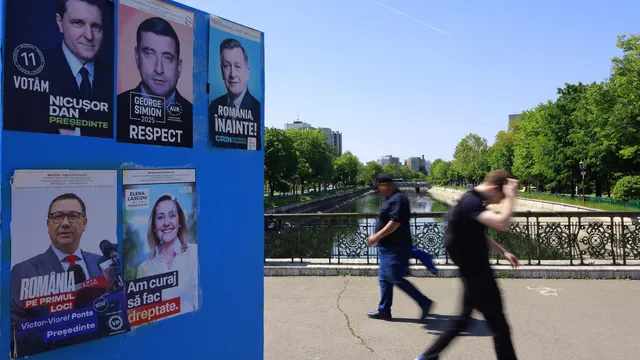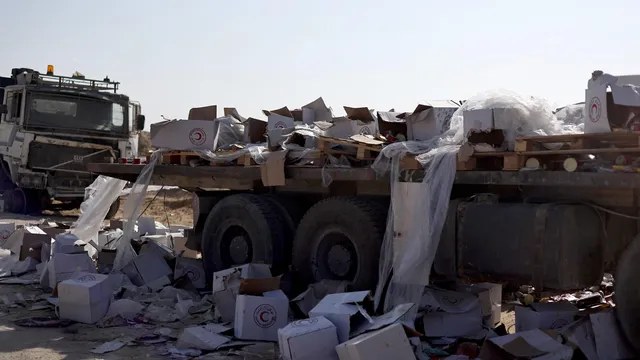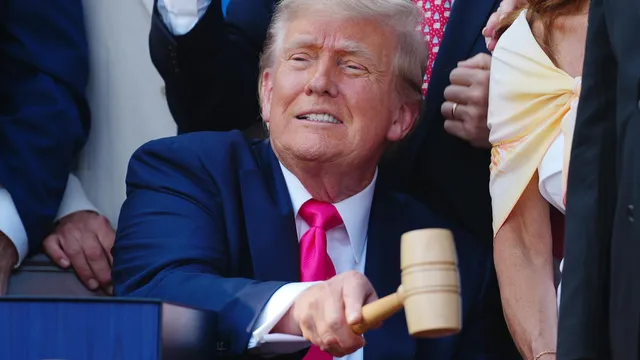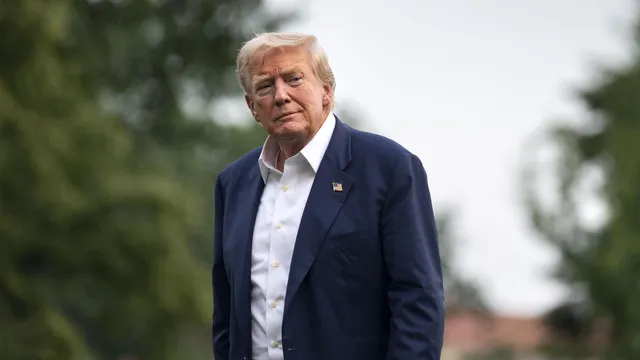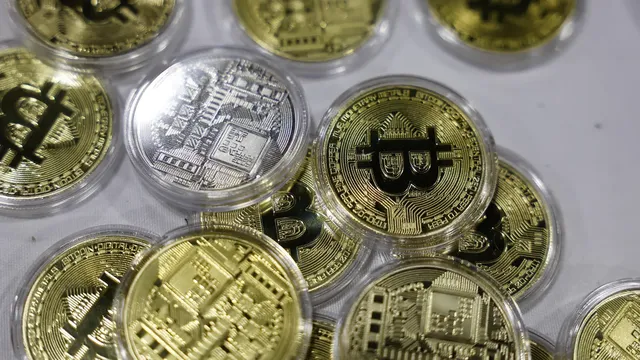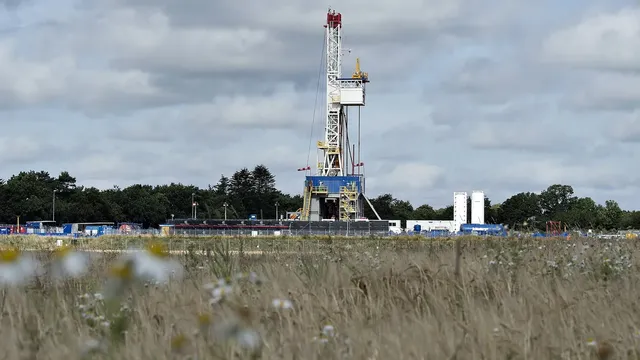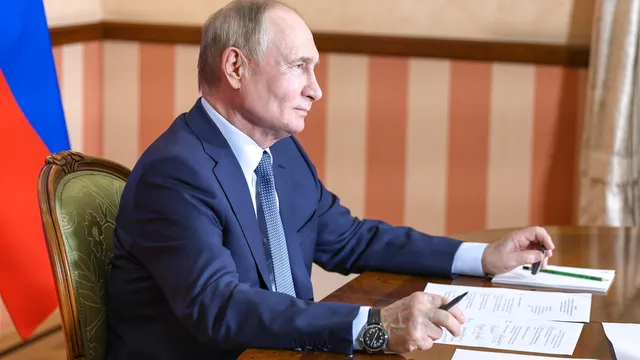In a field in southern Romania, Marius Valeriu battles a strong wind to cover his cabbage seedlings with plastic sheeting. Ahead of Sunday's presidential election, he criticizes politicians for not helping him cope with rising prices.
"They are all thieves. We have to get rid of them once and for all. People have woken up. Everyone is determined to change things," says the 56-year-old farmer, who plans to vote for the far right, as do many of his fellow villagers.
The elections are a repeat of the November vote, which was canceled after revelations of Russian interference in favor of far-right candidate Calin Georgescu, who was barred from running on May 4.
With the EU and NATO critic out of the running, Valeriu is turning to the leader of the far-right Alliance for the Union of Romanians (AUR) party, George Simion, who has Georgescu's blessing. Simion is likely to win around 30% of the vote, putting him ahead of 10 other candidates in Sunday's first round, according to opinion polls.
Simion often presents himself as a defender of Romanian farmers, "those who want to work but are ridiculed" by the state.
"At least he talks to people," said Valeriu, whose hometown of Lunguleatu is home to many farmers who grow cabbage and potatoes, and where 43% voted for Georgescu.
Mistrust
In Romania, one of the poorest countries in the EU with deep inequalities and one of the highest inflation rates in the bloc, the far right is capitalizing on popular discontent, especially in villages and small towns.
Promising "respect" for Romanians, Simion was among the politicians who in February called for a boycott of foreign supermarkets, saying they were raising prices too much and "mocking this country."
Although opinion polls show that voters' main concerns are rising prices and corruption, distrust of institutions and politicians has deepened, not least because the same political class has been in power since the end of communism almost 40 years ago.
However, many voters are still undecided about who to vote for.
"We want change, but we don't have much choice. We're more likely not to vote," 35-year-old Ionut Neachu, Valeriu's brother-in-law, told AFP while helping his wife in the fields.
In the nearby village of Balenii, where the far right also performed well in last year's elections, several women working in agriculture said they did not believe any of the candidates would bring change.
"Who should we vote for? Can't they see that we are poor, that we have nothing to eat? They steal like crazy, and we go hungry," said 72-year-old pensioner Constanta Maslina, who picks radishes in a greenhouse to earn a little money.
Unpredictable
Voters are "very unpredictable" and the election battle is "very close and unstable," according to sociologist Barbu Mateescu.
"There are parts of society that feel they have no control, that the world is not paying attention to them," Mateescu explained.
Eighteen years after Romania joined the European Union, surveys show that citizens overwhelmingly support remaining in the bloc. But they also want politicians who will better look after their economic interests.
"There is an extremely strong psychological need for the Romanian people" to have leaders who prove "that they put the interests of Romanians first," Mateescu added.
Russia's invasion of neighboring Ukraine has also shaken Romania, with drone debris regularly falling on Romanian soil and many people fearing that their country could be drawn into the war.
Simeon, who has promised to refuse military aid to Ukraine, has also sharply criticized the European Union's support for Ukrainian farmers, which many Romanians believe creates unfair competition.
"What do we need the EU for?" asks Valeriu in his fields in Lunguleți. "We live from month to month. And it's getting harder and harder." | BGNES, AFP

 Breaking news
Breaking news
 Europe
Europe
 Bulgaria
Bulgaria
